Experience Japanese Culture at “Night at Izakaya”
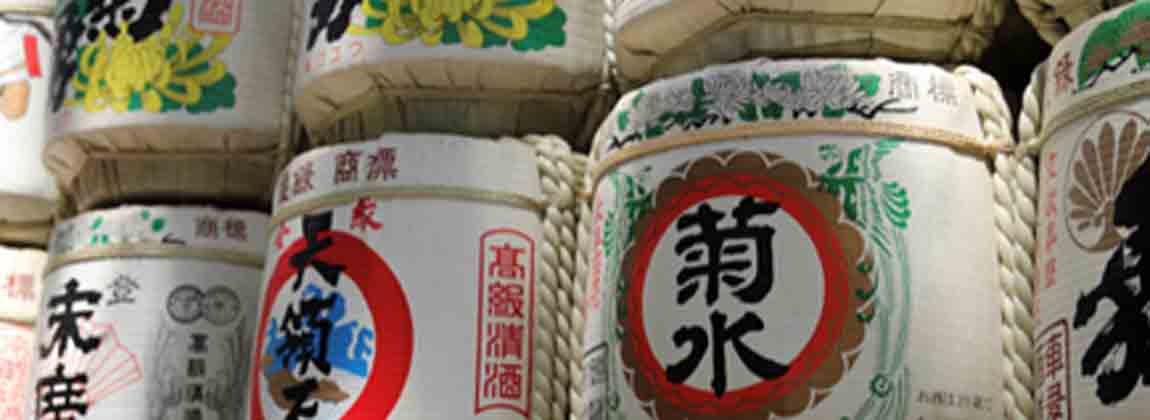
The Japan America Society of Iowa (JASI) is proud to offer immersive cultural experiences that bridge Japan and Iowa, promoting mutual understanding and building meaningful relationships. Our upcoming event in Downtown Des Moines (DSM), Night at Izakaya, perfectly embodies this mission.
We have recreated the lively atmosphere of a yokocho — a narrow alley filled with cozy izakayas, or Japanese pubs — and this event invites you to connect with friends old and new over sake and delicious street food. But Night at Izakaya is more than just a gathering; it’s an opportunity to explore the deep cultural and spiritual significance of sake. Attendees will learn about the art of sake brewing, the different grades of sake, and how to pair it with food for an authentic experience.
Adding to the sights and sounds of the night will be a performance from the Soten Taiko group, whose thunderous drumbeats will immerse you in the energy and tradition of Japanese music. You’ll also have the chance to participate in bon dancing, a traditional Japanese folk dance often seen at festivals.
Join us for this unique celebration of Japanese culture on Friday, Nov. 8, 2024 from 6 – 9 p.m. at the River Center in Downtown DSM. Experience the magic of a night at an izakaya, right here in Iowa! Tickets are for purchase here.
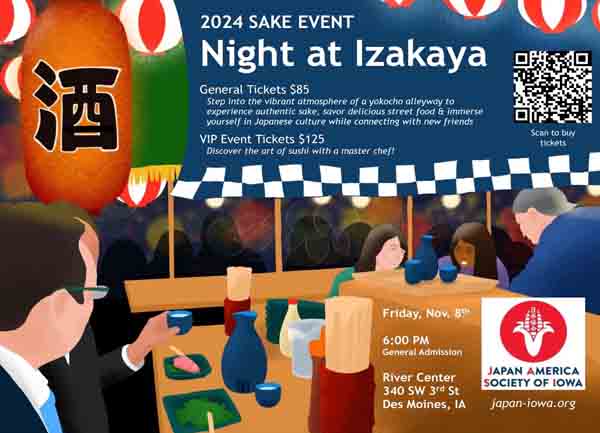
Sake – A Cultural and Spiritual Symbol of Japan
Sake is one of Japan’s most iconic traditional beverages, with over 2,000 years of history. It is much more than just a drink; it holds deep cultural and spiritual significance. Made primarily from rice, water and koji (a type of mold used in fermentation), sake is a reflection of Japan's natural environment, seasons and the craftsmanship of its brewers. Its flavors and styles vary depending on the region, climate and the techniques used, making sake an essential part of Japan’s cultural fabric.
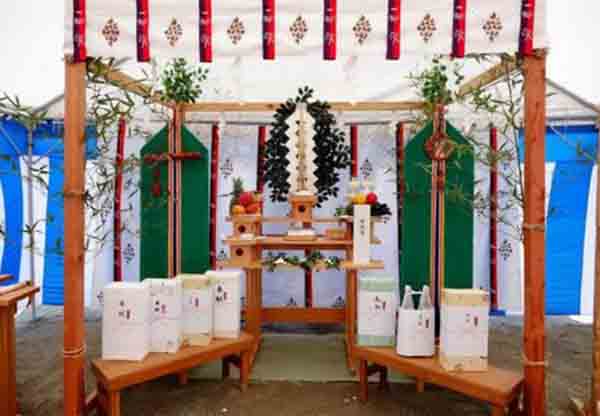
Cultural Role of Sake
Sake is integral to both daily life and special occasions in Japan. It plays a key role in celebrations, religious rituals and even offerings to the gods. For instance, at weddings and New Year’s celebrations, sake is often placed at altars as an offering to deities, symbolizing gratitude and purification. This sacred sake, known as "miki" (神酒), is used in ceremonies at Shinto shrines to pray for peace, prosperity and good harvests.
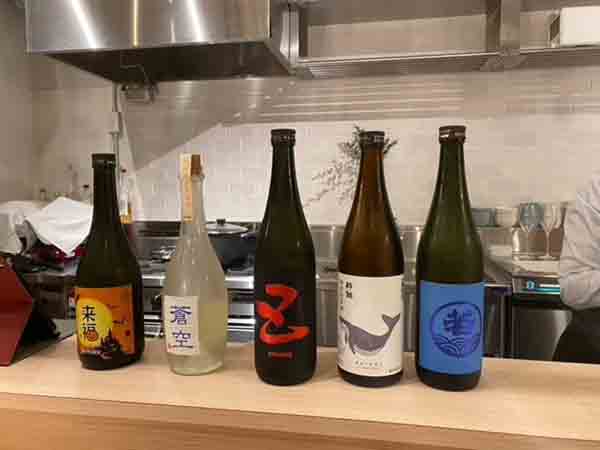
Sake is also a symbol of unity and bonding among people. Sharing a drink of sake is an important social ritual in Japan. In traditional gatherings, it’s customary for people to pour sake for one another, a gesture that signifies respect and strengthens social ties. This act of sharing highlights the Japanese value of "wa" (harmony), reinforcing connections between individuals and communities.
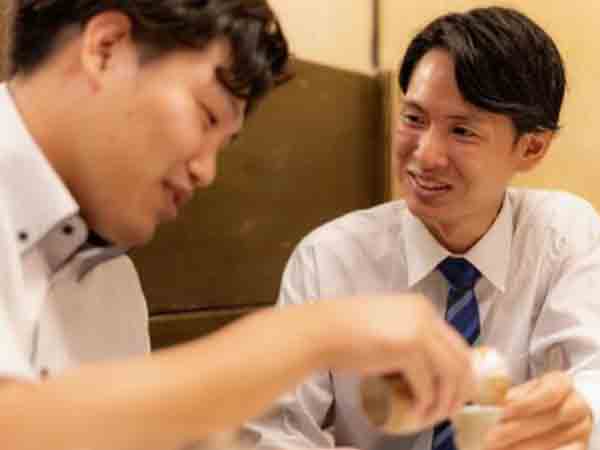
Types of Sake and the Brewing Process
Sake is categorized into several types, depending on the polishing ratio of the rice and the brewing methods. Some of the most popular types include:
-
Daiginjo (大吟醸): The highest grade of sake, made from rice that has been polished to at least 50% of its original size. It has a delicate, floral aroma and a refined taste.
-
Ginjo (吟醸): Made from rice polished to at least 60%, ginjo sake is known for its fruity aroma and smooth, light flavor.
-
Junmai (純米酒): This sake is brewed using only rice and water (no added alcohol), often resulting in a fuller body and rich umami flavor.
-
Honjozo (本醸造): Made from rice polished to 70%, with a small amount of distilled alcohol added for a lighter and smoother taste.

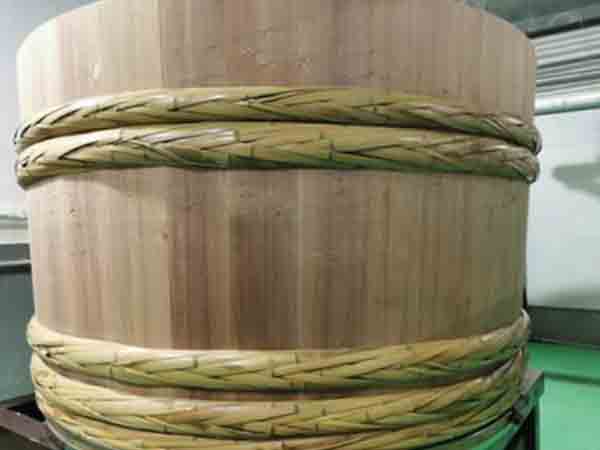
Beyond these categories, sake varieties like “nama” (unpasteurized) sake and sparkling sake, which continues fermenting in the bottle, offer even more diverse tasting experiences.
Spiritual Meaning of Sake
In Japan, sake is seen as more than a means of intoxication; it is steeped in cultural and spiritual importance. The process of brewing sake requires immense dedication, patience and respect for nature. This is a reflection of the Japanese philosophy of harmony with nature and the balance between craftsmanship and spirituality.
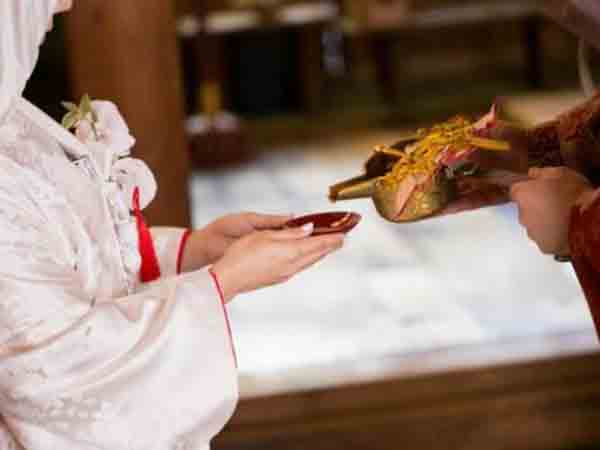
Whether enjoyed during a special ceremony, shared among friends or paired with food, sake is a profound representation of Japan’s deep cultural heritage. For visitors to Japan, experiencing sake is not just a culinary adventure but also a journey into the heart of Japanese tradition, history and spirituality.
Casual Dining Culture in Japan
Yokocho
横丁 (yokocho) refers to narrow alleyways that are lined with small, cozy shops, bars and restaurants, offering a unique and intimate dining experience. These alleyways are often tucked away from the main streets, creating a hidden charm where locals gather to unwind after a long day. The term "yokocho" itself translates to “side street,” and these areas are known for their relaxed and friendly atmosphere, making them a central part of Japan’s casual dining and drinking culture.
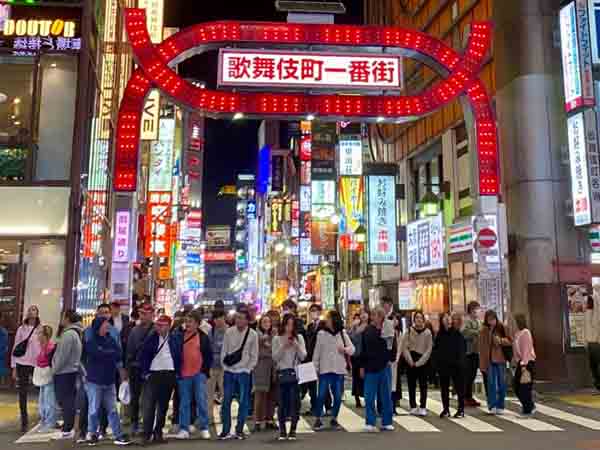
The culinary options in yokocho are diverse and often reflect the local flavors and specialties. Izakayas, or Japanese pubs, are the most common type of establishment found in these alleyways. They serve a variety of small dishes, often meant to be shared, and a range of beverages, with sake and beer being particularly popular. The informal setting allows patrons to relax and engage in lively conversations, reinforcing the communal spirit of yokocho culture.
Beyond just food and drink, yokocho represent a slice of everyday life in Japan, where tradition and modernity blend seamlessly. The decor, often simple and rustic, evokes nostalgia for an earlier time while still attracting people from all walks of life. Whether you're a regular or a first-time visitor, the warm hospitality and sense of belonging found in a yokocho is a quintessential part of Japanese culture, where connections are made and friendships flourish over shared meals and drinks.
For those visiting or learning about Japan, a trip to a yokocho offers an authentic glimpse into the heart of Japanese social life, where the true essence of omotenashi (hospitality) shines through.
居酒屋 (Izakaya) – The Heart of Japanese Casual Dining
居酒屋 (izakaya) are an integral part of Japan's dining culture, offering a relaxed and casual atmosphere where people gather to eat, drink and socialize. Often compared to pubs or taverns in the West, izakayas are places where people can enjoy a variety of small dishes, paired with drinks such as sake, beer, shochu or other spirits. The word izakaya is a combination of "i" (to stay) and "sakaya" (sake shop), reflecting its origins as a place where people could stay and enjoy sake on-site.
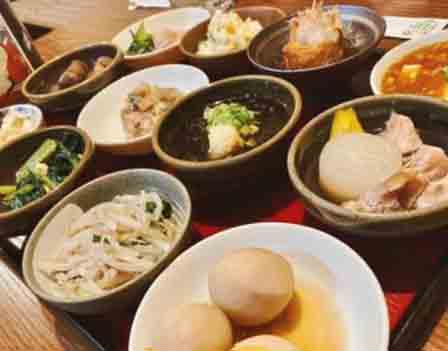
Traditionally, izakayas are frequented by both coworkers and friends to unwind after a long day. They are known for their unpretentious and welcoming vibe, making them perfect for casual gatherings, whether it be after work (known as nomikai or drinking parties) or small celebrations.
For visitors looking to immerse themselves in Japan's culinary and social culture, an evening at an izakaya offers an authentic and memorable experience. It is a place where barriers break down, new friendships are formed and the flavors of Japan come to life in every bite and sip.
The casual and welcoming nature of izakayas is at the heart of Japanese dining culture, and at our Night at Izakaya event, we invite you to experience this cozy, laid-back atmosphere for yourself.
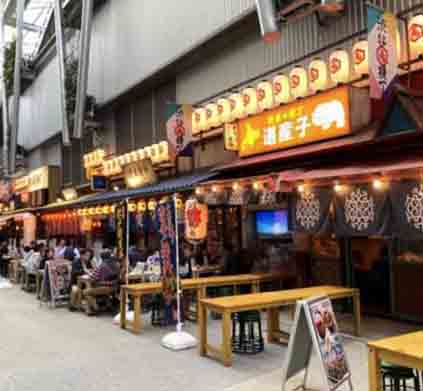
History of the Sister-State Friendship Between Iowa and Yamanashi
The strong ties between Iowa and Yamanashi Prefecture were forged in 1959, when two devastating typhoons ravaged Yamanashi’s agricultural economy. Master Sergeant Richard Thomas, stationed in Tokyo with the U.S. Air Force, took action, arranging for 35 breeding hogs and 100 bushels of corn to be shipped from Iowa to Yamanashi. This gift became the foundation for rebuilding Yamanashi’s agricultural industry, and in 1960, Iowa and Yamanashi officially became sister states.
In 1962, Yamanashi sent the Friendship Bell, which now resides at the Friendship Bell Tower on the Iowa State Capitol grounds, as a symbol of the enduring friendship between the two states. The relationship has continued to thrive for over 60 years, with economic, academic and cultural exchanges strengthening the bond between Iowa and Yamanashi.
Future JASI Activities Coming in 2025
-
Uniting Communities with Origami Cranes
-
Traditional Puppet Theater from Sasago Village

Through these activities and more, JASI continues to bring the rich traditions and culture of Japan to the people of Iowa. Please contact us with any questions about the projects and our activities at info@japaniowa.org.
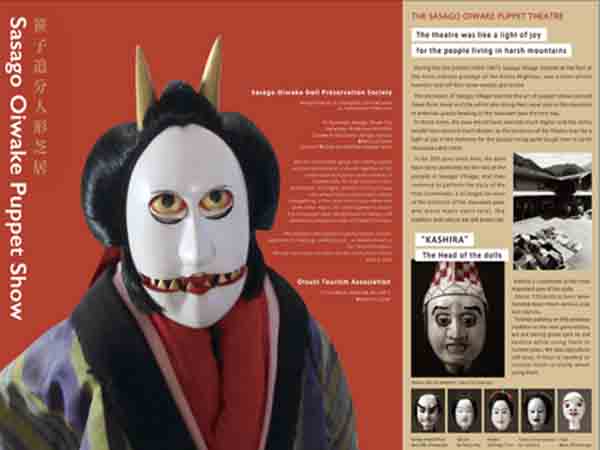
From Pride to Juneteenth to the Latino Heritage Festival, big, inclusive events are par for the course in Greater Des Moines (DSM). But there are smaller events celebrating diversity here, too. Attend one of the Greater Des Moines Partnership’s Multicultural Receptions, an event celebrating veterans or a sensory-friendly event in the region. Learn more here.
Yoko Tanaka
Yoko Tanaka has served as the Executive Director of the Japan America Society of Iowa since 2021, which supports people and businesses with a connection to Japan.